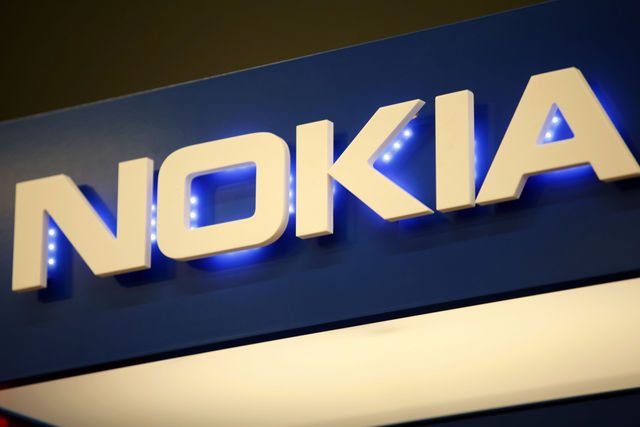
Large venues such as stadiums have a high demand for consistent mobile connectivity that allows access to related content like player performance stats. It is for this reason that Nokia Oyj (ADR)(NYSE:NOK) will be collaborating with the Wireless Institute in the College of Engineering at the University Of Notre Dame on improving the flexibility of network access. The duo will particularly be targeting congested areas like sports stadiums in its initiative of testing new wireless communications systems; the Multi-access Edge Computing (MEC).
The Notre Dame Stadium hosts more than 80,000 fans for Fighting Irish football games on average. As a result of the congestion people frequently experience poor coverage issues, which often are caused by overloaded Wi-Fi.
The testing of the Wi-Fi will involve two MEC-based applications
In the trial of the Wi-Fi Nokia and Notre Dame’s Wireless Institute will use Edge Video Orchestration (EVO) and Augmented Reality (AR) applications. The former will be providing alternatives to examine four video streams from different angles in real-time while the latter will be offering an AR-based gaming experience.
According to Global Alliance Director for Nokia, Joe Hammer, it is all about ensuring customers can access rich and engaging content through reliable applications.
Nokia can leverage MEC to evaluate customers’ inclinations and behaviors
Using cognitive analytics, the phone maker is likely to take control of customers’ preferences and behaviors by deploying applications at the network edge. In any case, the two applications use Nokia’s excellent latency levels as well as its AirFrame server.
The applications will flexibility, which will in return enhance the user experience of students and sports fans. Co-director of the Wireless Institute, University of Notre Dame J. Nicholas Laneman writes, “We were pleased to work with Nokia and excited to see their technology in a proof of concept that provides flexibility and power to enhanced and innovative applications.”
Nokia says it’s determined to reshape the future of technology and among other things, it has been enabling infrastructure for 5G and the Internet of Things. In the meantime, Nokia’s stock was trading at $6.46 a fall of $0.08 or 1.22%.




